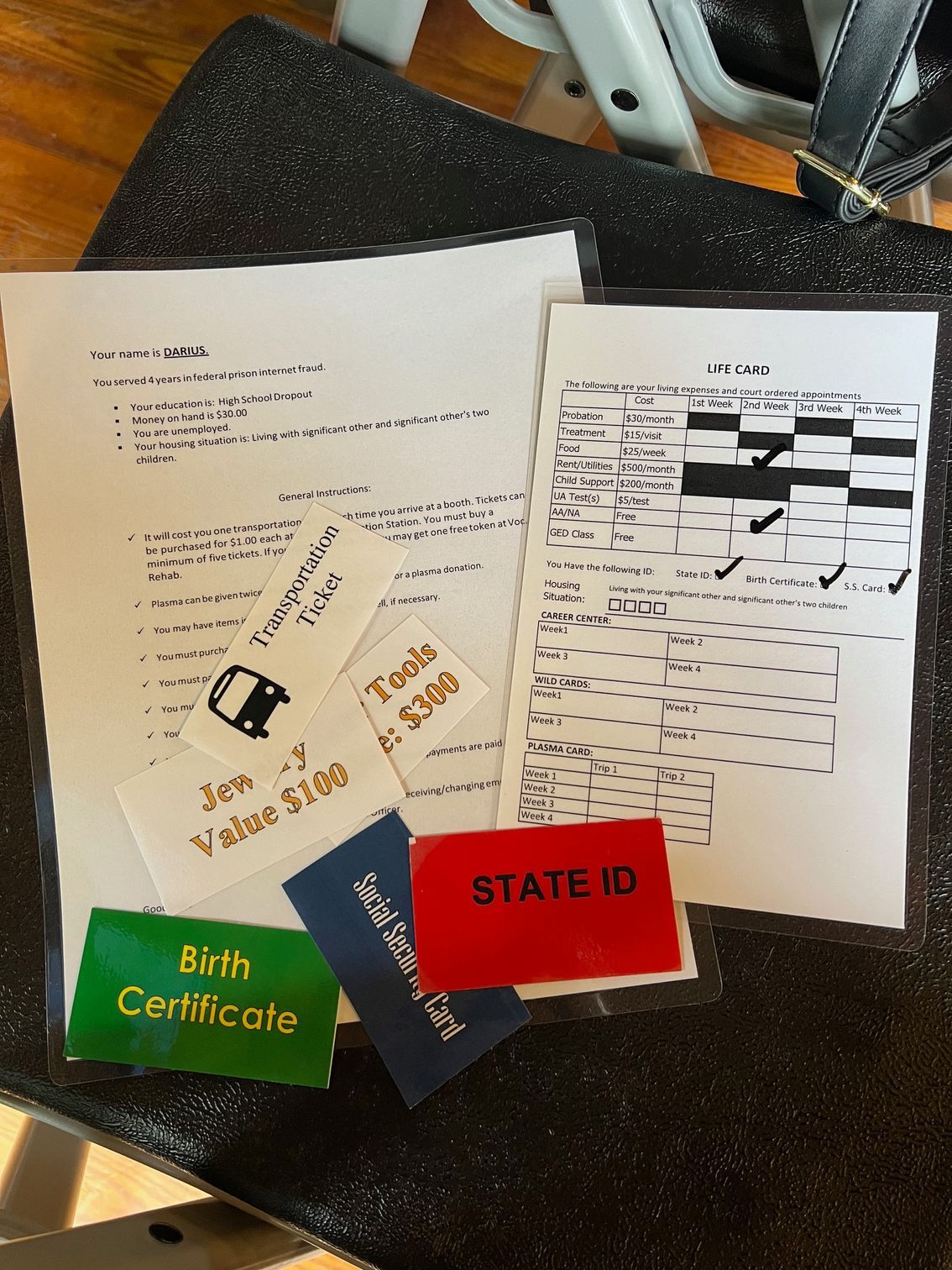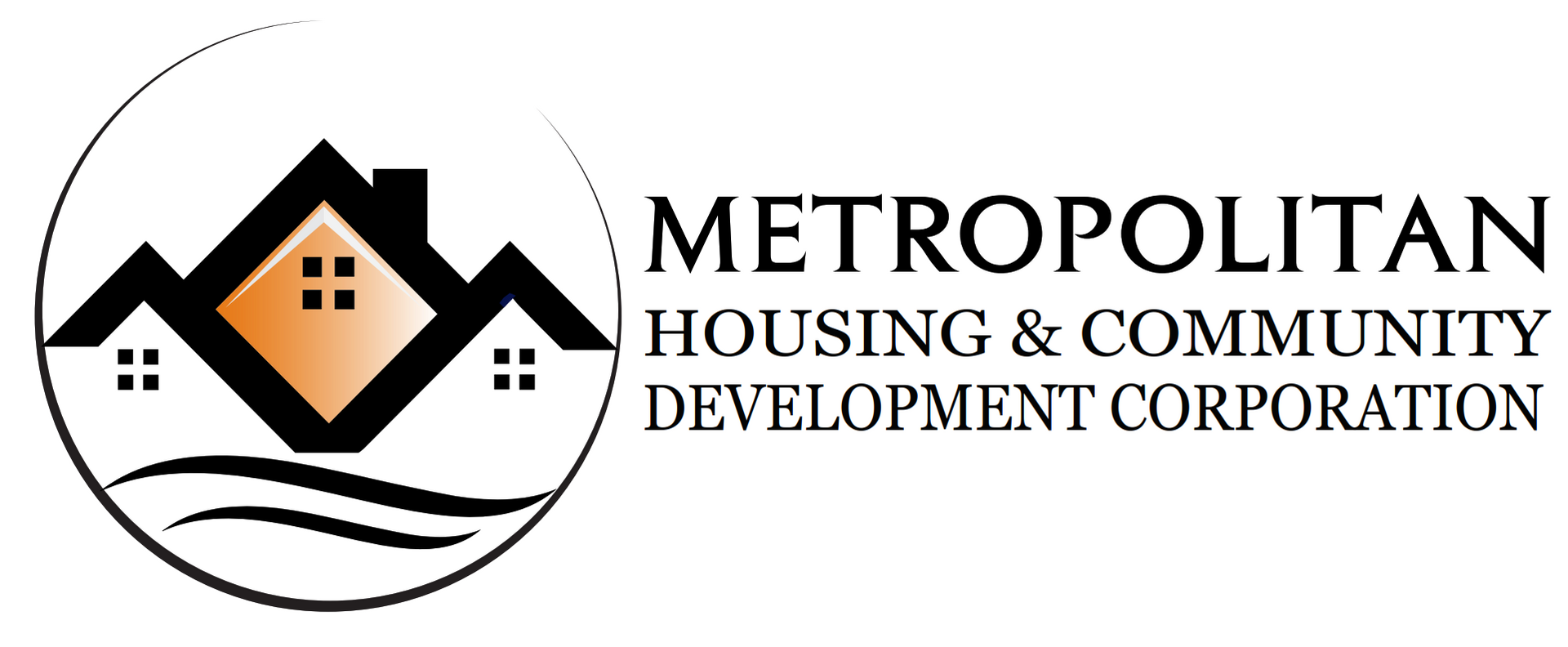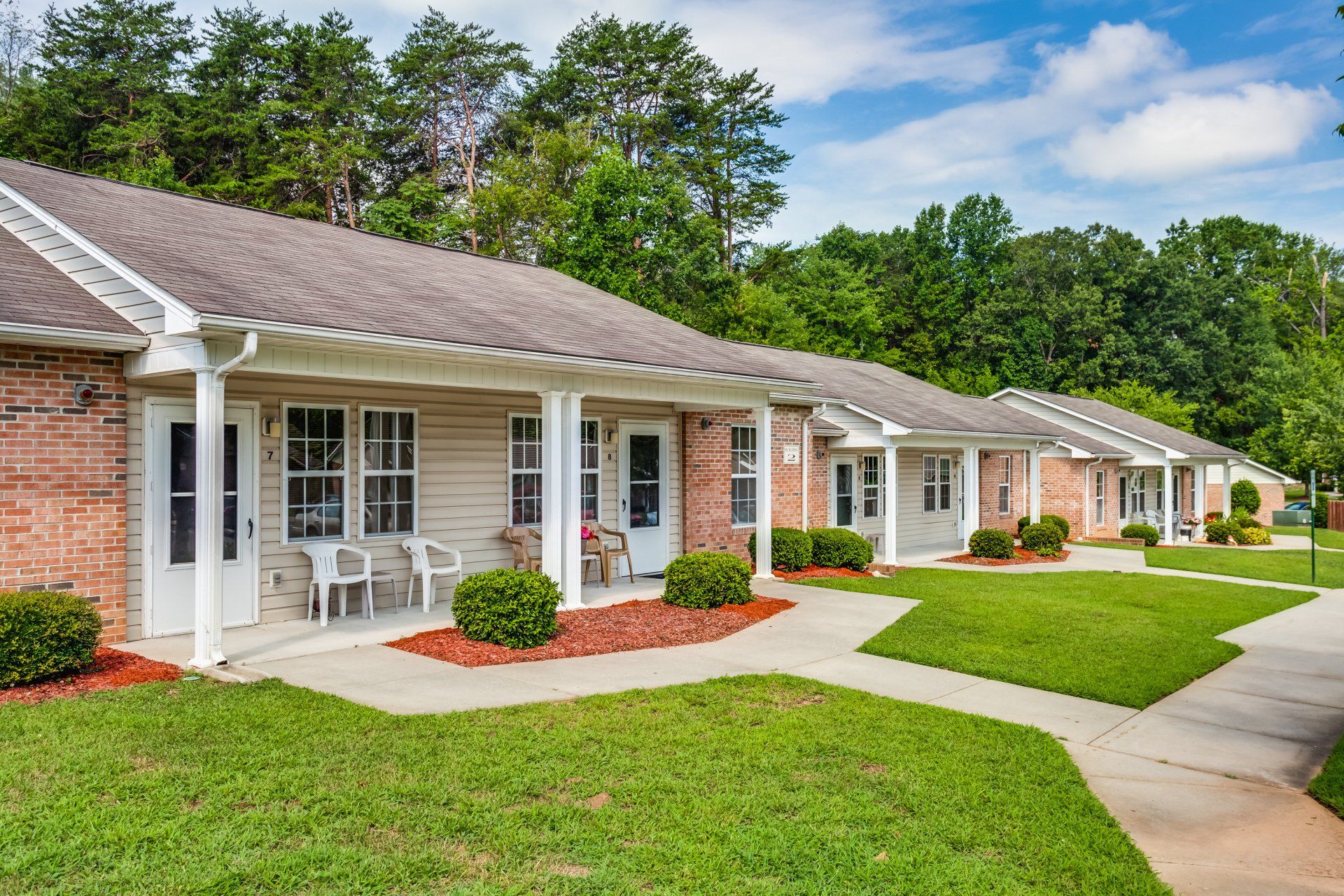Walking in Their Shoes: Reflections on the Re-entry Simulation in Martin County
A firsthand look at the barriers faced by individuals returning from incarceration, and the urgent call for community partnership.
On September 9, 2025, I attended the Re-entry Simulation hosted by Trillium in Martin County. What I thought would be a structured exercise quickly became one of the most eye-opening and impactful experiences I have had in understanding the struggles faced by individuals re-entering society after incarceration.
The event began with powerful insights from Judge Regina Parker, Chief District Court Judge for District 2, and Jeron Randall, Reentry Coordinator, who spoke about the systemic challenges justice-involved individuals encounter immediately after release. Their remarks set the tone for the simulation, preparing us for the weight of the choices we would soon face.
I was handed a packet that represented the life of someone just released. In it, I learned whether I had identification, housing, or education, along with a list of my release obligations such as rent, child support, probation check-ins, and mandatory drug screenings. To make things more difficult, I drew a “wild card” that simulated a learning impairment, making it harder to understand key instructions. Others received cards tied to mental health conditions or addiction recovery, each adding another layer of challenge.

The simulation represented a month of life post-incarceration, broken into four weeks. During the first two weeks, I faced impossible choices: do I use my limited money to secure identification so I can eventually apply for work, or do I buy food to survive? With unreliable transportation, I had to decide whether to check in with probation or try to reach social services. There was never enough time, never enough resources, and always the risk of failing one obligation while trying to meet another.
By the final week, I managed to secure a job, finally a glimmer of hope. But just as quickly, it was taken away. I had missed a probation requirement, and despite my efforts, I was sent back into incarceration. The frustration, exhaustion, and sense of defeat in that moment were overwhelming. For me, it was just a simulation. For thousands of people, it is daily life.
As the event closed, we heard from Judge Parker once more, who issued a compelling call to action: that it is not enough to simply be aware of these challenges, but that each of us, as community members, organizations, and leaders, must play an active role in creating fair opportunities and second chances. Her message was clear: real change requires collective responsibility.
Finally, Rubi K. Blancas Orduna, ANDLRC Coordinator, brought everything full circle with a powerful reminder that while the simulation ends after an hour, for returning citizens the struggle continues every single day. Her words underscored the urgent need for stronger community partnerships and sustainable reentry support systems.
Walking away from this experience, I carried a new perspective. The Re-entry Simulation did not just inform me about barriers. It made me feel the crushing weight of them. It revealed how narrow the margin for success truly is and how urgently our communities need to create systems that support, not punish, individuals striving to rebuild their lives.
At Metropolitan, we remain committed to understanding these realities and advocating for systematic, sustainable solutions that provide opportunity, stability, and dignity to all.
Moving Forward Together
Partnerships are essential to breaking down barriers for justice-involved individuals. We are proud to collaborate with A New Direction Local Reentry Council (ANDLRC), our local reentry council, alongside Trillium and other community partners to strengthen the support network available to returning citizens. Together, we can expand access to housing, employment, treatment, and mentorship so that individuals leaving incarceration are not set up to fail, but empowered to succeed.
If you are interested in learning more about re-entry work or joining in this mission, we encourage you to connect with Metropolitan Property Management, Metropolitan Housing & CDC, or the A New Direction Local Reentry Council.
Change is possible when we walk alongside one another.
Authored by:
Karrissa Sutton
Human Resources Specialist, Metropolitan Property Management
Housing Counseling Program Manager, Metropolitan Housing & Community Development Corporation




Share On: